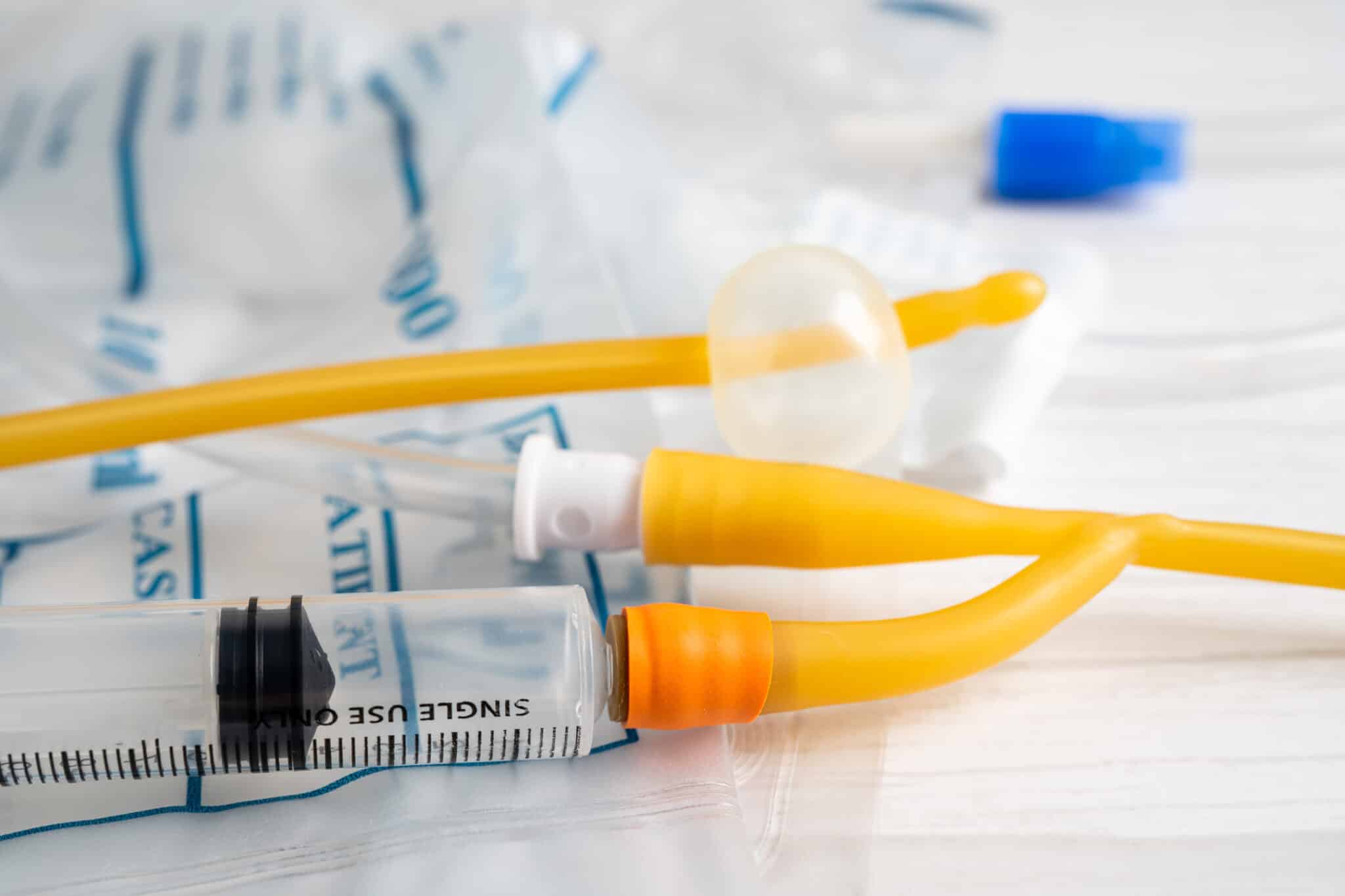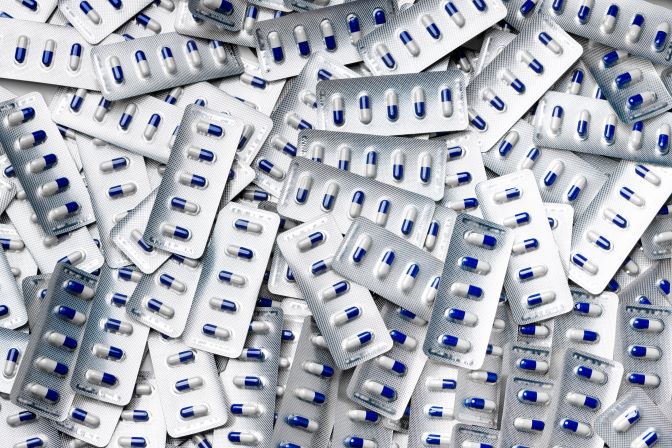Introduction
In today's world, understanding first aid is not just an ability; it is a need that can save lives. Whether it's a small cut from kitchen area blade accidents or handling much more serious injuries during bushfire period, being prepared with the right tools and knowledge can make all the distinction. This comprehensive guide discovers First Help Essentials: Must-Have Home Things for every single Home, offering you with understandings into vital items, their usages, and just how they contribute sydney cpr and first aid classes to community health.
This write-up dives deep into the function of these basics in everyday circumstances, emphasizing their significance in both house setups and area health. By furnishing your home with these must-have things, you're not only securing your family members however additionally contributing favorably to public safety.
First Aid Basics: Essential Household Things for every single Home
Every household need to be furnished with certain emergency treatment things to take care of common emergency situations properly. Below is a categorized listing of must-have essentials:
Essential Emergency treatment Supplies
Adhesive Bandages- For small cuts and abrasions.
- Ideal for covering bigger wounds.
- Helps in cleansing wounds to prevent infection.
- Useful for securing gauze pads.
- Perfect for removing splinters or ticks.
- Essential for cutting tape, gauze, or garments if needed.
- Reduces swelling and numbs discomfort instantly.
- Great for covering strains or strains.
- Helps monitor body temperature throughout fever.
- Provides remedy for small burns.
Medication Essentials
Pain Reducers (like Advil or Acetaminophen)- Effective for lowering discomfort and inflammation.
- Vital for allergic reactions.
- Useful for insect attacks and rashes.
- Often made use of throughout suspected heart attacks (following clinical guidance).
Tools and Equipment
CPR Face Shield or Mask- Protects during mouth-to-mouth resuscitation.
- A handy reference that provides instructions in emergencies.
- Retains body heat in case of shock or cool exposure.
- Essential during power failures and emergencies at night.
- For getaways or traveling; ensures you're always prepared away from home.
Preventative Measures
Fire Extinguisher Procedure Knowledge- Knowing how to operate a fire extinguisher can save lives in instance of fire emergencies.
Fall Prevention Tips Around the Home
- Installing handrails on stairs. Ensuring adequate illumination in hallways.
Recognising Pet dog Distress

- Understanding signs of distress in pet dogs can aid avert serious situations.
The Function of First Aid in Area Health
Understanding emergency treatment exceeds individual safety; it plays a vital role in neighborhood health and wellness too.
Community Involvement
Many organizations promote emergency treatment recognition projects, educating residents on just how to respond properly in emergency situations, thus promoting a society of preparedness within communities.
Founding of St John Ambulance
The beginning of St John Ambulance highlights the significance of first aid training in culture's material by providing training courses that empower individuals to act quickly and confidently throughout clinical emergencies.
Training Opportunities
Community centers frequently provide workshops concentrated on first-aid training-- these programs are essential as they instruct individuals important abilities like:
- Recognising symptoms Gaining approval in various communities before carrying out help Treating minor injuries on yourself and others without panic
Dealing with Usual Injuries at Home
From cuts to strains, recognizing just how to take care of typical injuries can significantly reduce recovery time and improve outcomes.
Kitchen Knife Cuts
Kitchen blade cuts prevail but commonly manageable if dealt with properly:

Treating Minor Injuries on Yourself
If you find yourself wounded while cooking or performing home fixings:
- Stay tranquility; panicking can aggravate injury severity. Follow basic first-aid procedures like cleaning up the wound thoroughly and applying a bandage properly.
Emergencies Throughout Bushfire Season
Bushfire season poses one-of-a-kind first aid and cpr courses near me challenges that need special interest regarding emergency treatment preparedness.
Common Injuries Related to Bushfires
Smoke inhalation Burn injuries from flames or warm embers Respiratory problems because of inadequate air qualityWhat To Consist of In Your Bushfire Preparedness Kit
- N95 masks for breathing protection Water bottles An emergency blanket
FAQs Regarding First Aid Essentials
What things ought to I include in my emergency treatment kit?
Answer: Your package should include adhesive bandages, antibacterial wipes, gauze pads, scissors, tweezers, pain relievers like ibuprofen, allergy medication, a thermostat, melt lotion, stretchable bandages, an emergency covering, and mouth-to-mouth resuscitation face guards among others.

How do I treat a nosebleed?
Answer: Turn your head back slightly (though not too much), squeeze your nose simply over your nostrils utilizing your thumb and forefinger, hold it securely for about 10 minutes until hemorrhaging stops.
Why is it crucial to have a mobile first aid kit?
Answer: A portable set guarantees you are prepared for medical emergencies when far from home-- whether treking, taking a trip or participating in outside events.
What ought to I do if someone has a sensitive reaction?
Answer: Call emergency solutions quickly if signs and symptoms are serious; administer antihistamines if appropriate while waiting for professional help.
How do I carry out CPR effectively?
Answer: The standard steps include calling emergency situation services first; then begin upper body compressions at a rate of 100-- 120 per minute followed by rescue breaths if trained.
Can I use my home supplies as part of my emergency treatment kit?
Answer: Yes! Numerous family things can serve as efficient first-aid products-- simply guarantee they're tidy and suitable first aid certificate darwin for dealing with injuries.
Conclusion
Being equipped with the best expertise and products via understanding of First Help Basics: Must-Have House Items for Every Home makes it possible for people not only to protect themselves however likewise adds favorably to community wellness campaigns by promoting awareness around critical treatment practices.
Your commitment to preparing your household will equip you to take on wellness situations properly while boosting cumulative safety and security within your community context! So take those positive actions today-- furnish your home appropriately-- and remember: knowledge is power when it comes to conserving lives!